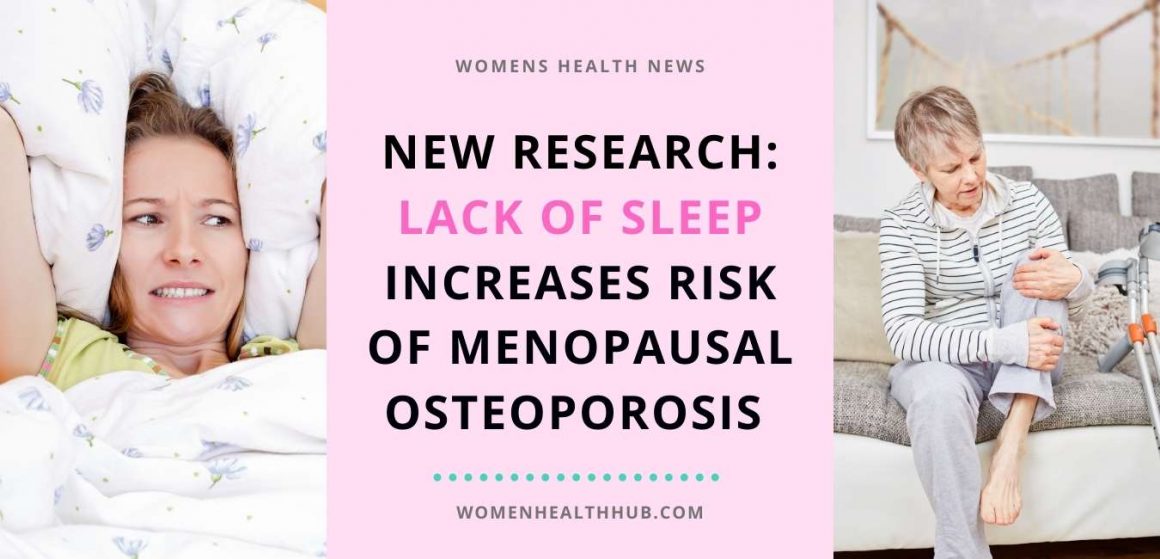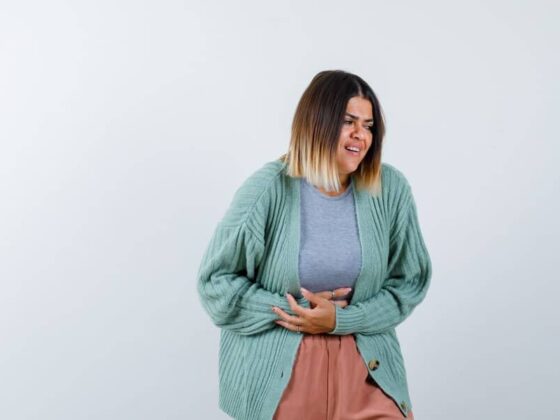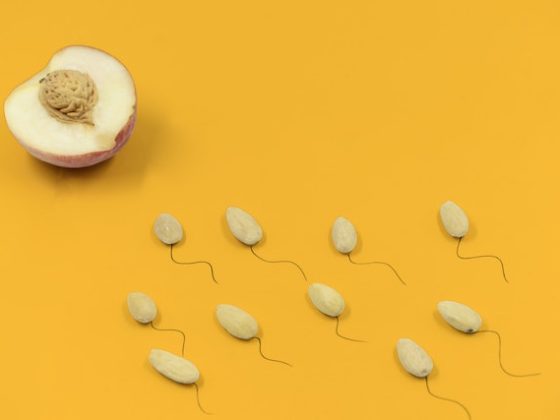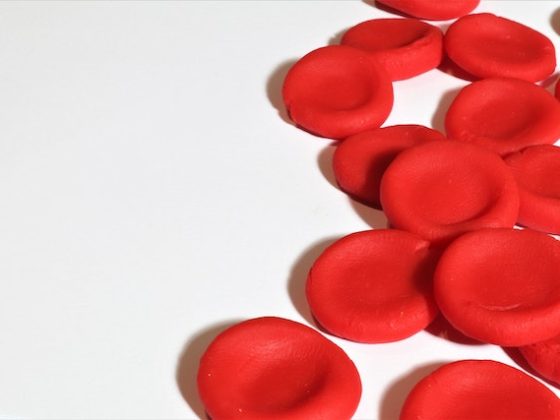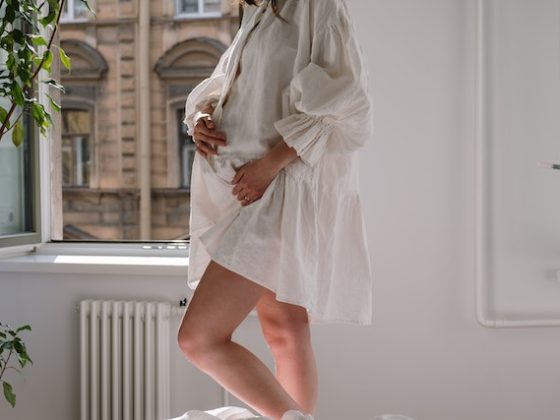Hey there! This post may contain affiliate links. As an Amazon Associate, I earn a teensy commission from qualifying purchases when you buy through these links (at no additional cost to you). For more info, please check the full disclaimer.
If you’re in your 40s, getting a good old 8-hour sleep seems like a dream, right? But health experts suggest fixing this problem ASAP!
A striking study conducted in November 2019 shows that women who sleep less show earlier signs of osteoporosis — especially after menopause.
You might already know menopause is a challenging time for us. It can seriously mess up the hormones and lead to restless nights.
And that’s not even the WORST part.
Sleep deprivation for a long time is not only catastrophic for your girls (i.e. high breast cancer risk) but also damages the bones!
Let’s see what this means.
Details About The Study
This research was conducted by Christopher Andrews, Jennifer W Bea, Oleg Zaslavsky, Lauren Hale, Katie L Stone, Heather M Ochs‐Balcom, Gloria E Sarto, Nelson B Watts, Kathleen M Hovey, Wenjun Li, Marcia L Stefanick, Jean Wactawski‐Wende, and Jane A Cauley.
The study was published in the Journal of Bone and Mineral Research. They compared the BMD (Bone Mineral Density) and sleep quality of 11,000+ postmenopausal women who slept for 5 or fewer hours with those who had 7 hours of sleep each night.
What Were The Findings?
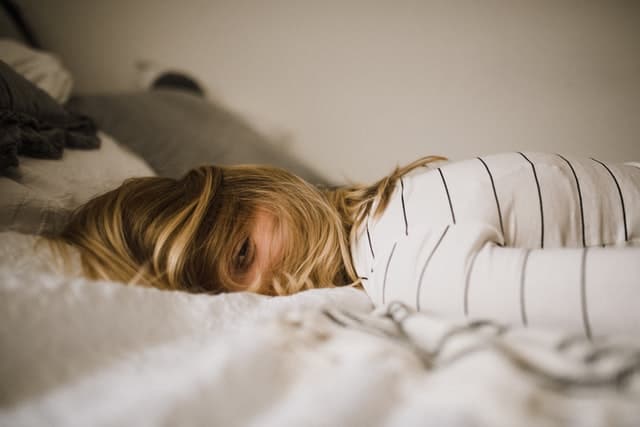
- If you sleep for 5 hours or less every night, you may be at high risk of osteoporosis after menopause.
- Lack of sleep ultimately lowers bone density and leads to weak bones.
- Sleeping for 5 hours or less puts you at a 22% higher risk of low bone mass.
- The same sleep cycle length can also increase the risk of hip osteoporosis by 63%.
- At least 7+ hours of sleep is essential to maintain proper health after your 40s.
What is Osteoporosis?
Osteoporosis is a debilitating disease that causes porous or brittle bones. While normally your body regrows bone cells, osteoporosis affects this ability and as a result, causes a shortage of bone mass.
Ultimately, the bones become so weak that even a minor jerk or bump causes a fracture.
The reason why this disease is common in menopausal women is because of the sudden hormonal imbalances.
As soon as you hit between 40 to 50 years, estrogen hormone production reduces naturally. Low estrogen after menopause raises your chances of weak bones — particularly osteoporosis.
Osteoporosis fractures are quite common in winters or rainy seasons and affect the hip, wrist, or spine.
Read More: 12 Useful Ways to Reduce Risk of Osteoporosis Fractures
Why Lack of Sleep Causes Osteoporosis?
Sleep specialists recommend adults enjoy at least 7 or more hours of sleep every night to ensure proper mental and physical health.
This is necessary for a number of reasons. For starters, your body undergoes a thorough detox and restart process while you’re in deep sleep.
One of those processes is bone remodeling. That’s when your old bone tissues are replaced with new and healthy ones. Ultimately, the mass increases and the bones get stronger.
But what if you sleep for 5 hours or less regularly?
Of course, there’s an impact on new cell growth and you’d get brittle bones.
With time, this could get serious and turn to osteoporosis.
In short, if you’ve noticed any signs of osteoporosis or weak joints, you might want to pay attention to your sleep cycle.
